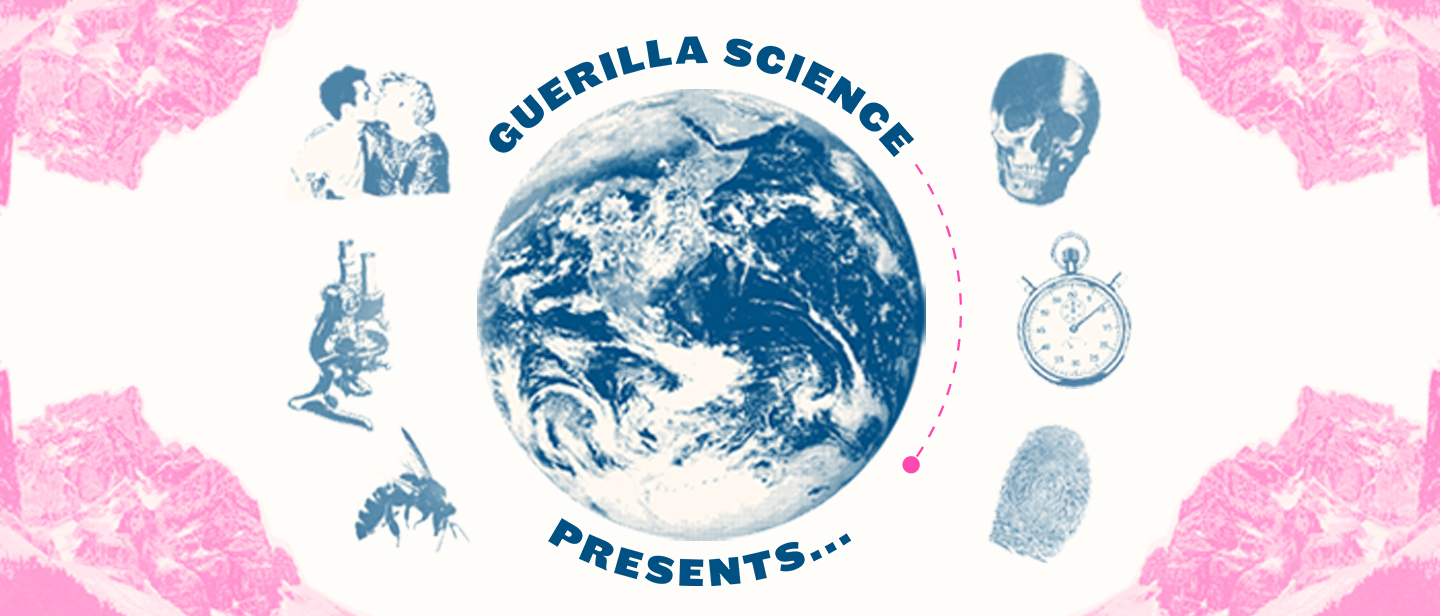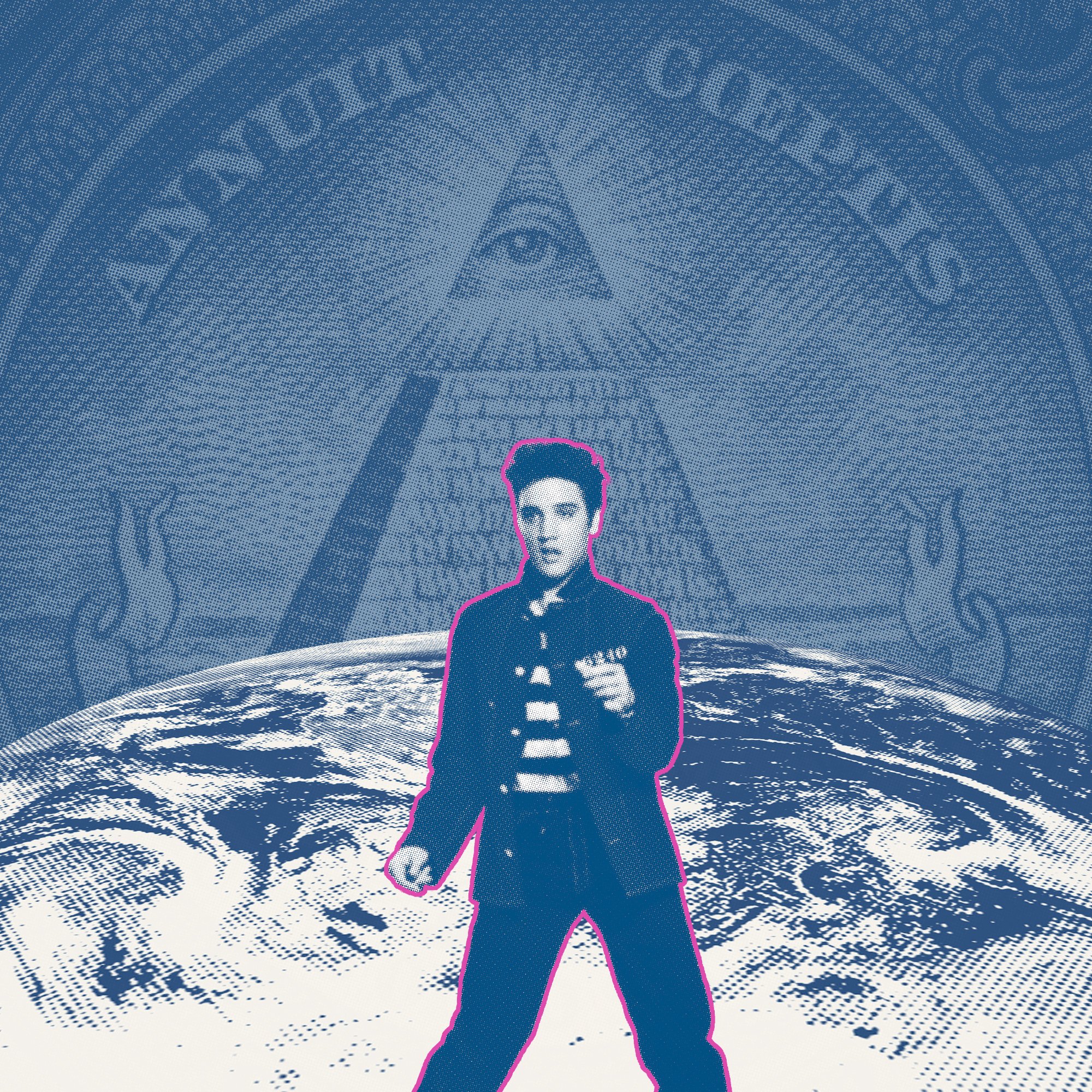
Show Notes: Episode 2
Fact or Fiction:
Conspiracy Theories, Paranoia and the Pandemic
Elvis is still alive, the earth is flat and 9/11 was an inside job...
There is never a dull moment in the world of conspiracy theories, as the team at Guerilla Science discover this month in the latest episode of their ‘sci-curious’ podcast – but is it all harmless fun, or do they pose a very real danger to public health?
Find out what the experts think – and where the world of conspiracy theories could take us next – in the latest episode of Guerilla Science Presents...
In Episode 2: Fact or Fiction: Conspiracy Theories, Paranoia and the Pandemic, hosts Rebecca Ellis and Rachel Williams speak to some pioneering scientists in the world of conspiracy theories to determine if conspiracy theories are doing more damage than we realise.
Guests
- Viren Swami, Professor of Social Psychology at Anglia Ruskin University and Perdana University in Malaysia
- Joseph Uscinski (@JoeUscinski), Associate Professor of Political Science at the University of Miami
- Daniel Jolley (@DrDanielJolley), Senior Lecturer in Social Psychology based at Northumbria University
- Colin Klein (@cvklein), Associate Professor in the School of Philosophy at the Australian National University
- Carl Miller (@carljackmiller), Research Director at the Centre for the Analysis of Social Media at Demos
Resources

The current global health pandemic Covid-19 has created the perfect storm for conspiracy theories to flourish - from 5G causing the virus to ‘Plandemic’ speculation – and studies suggesting that more than 60% of people in the UK believe in at least one conspiracy theory.
But are these ‘creative truths’ just carrying on oral traditions of storytelling and spinning a good yarn? Is it human nature to mistrust and question, and essential to our evolution?
Or are conspiracy theories potentially highly dangerous, contaminating both reasonable debate and trust in evidence-based science, and moving some people towards fascism and violence?